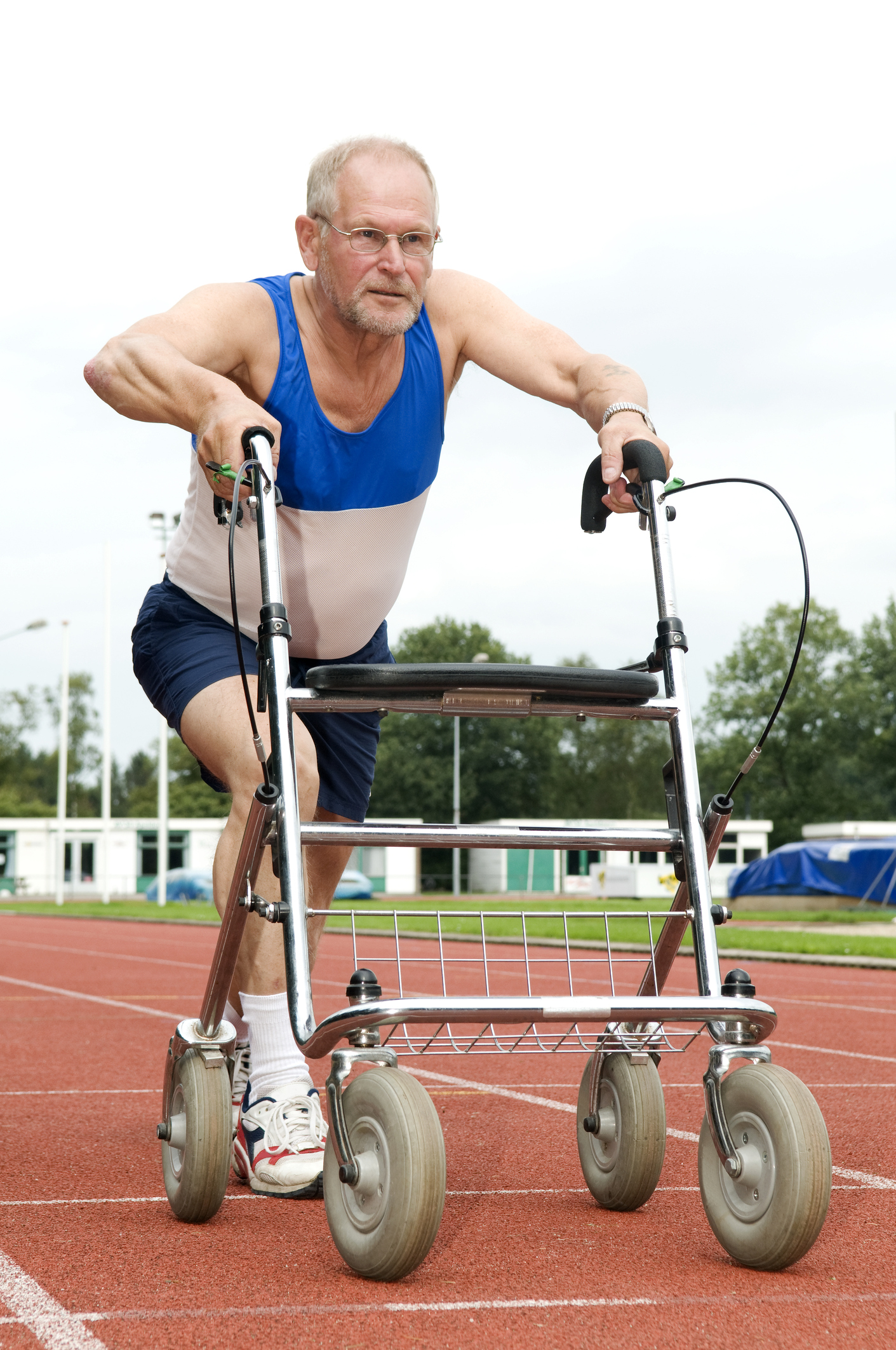You don’t have to be an Olympic athlete to reap the benefits of regular physical activity, in fact even older adults with chronic health conditions can improve their health and reduce the risk for falls by getting up off the couch and making a daily effort to be active. Even 10 minutes a day of moderately intense exercise can make a difference.
When you hear some of the stories of determination from many of the young athletes participating in this winter’s Olympic Games; following their dreams after major setbacks from illness and injury, it’s hard not to be a little inspired. And even if you are over 65, overweight or suffering from chronic illness, just a small amount of physical activity can help strengthen muscles, improve balance and protect the heart. Leading a sedentary lifestyle can speed along a loss in the heart’s function that naturally occurs with aging; high blood pressure and a stiffening of arteries can be prevented or delayed with regular physical activity.
Many of the problems older adults experience with their heart are not caused by aging but rather by disease. And even with a family history of heart disease, a healthy lifestyle that includes regular exercise, maintaining a healthy weight, stopping smoking, limiting alcohol, managing stress and controlling diabetes, high blood pressure and high cholesterol, can prevent or delay heart disease.
So enjoy watching the Olympic Games this winter but also remember to get up and move every hour and aim for 30 minutes of moderate exercise each day. Break it out into 10 minutes at a time if that’s easier when starting out. Try brisk walking, dancing, cycling or when the weather allows, gardening. Try adding some strength training into the mix such as resistance bands, weights or yoga which can improve balance and prevent losing function. For those with a free membership with The Oldish, the SAIL Home Activity Program Videos in the Toolkit offer exercises that can be done sitting, standing or moving.
For more information about changes in your heart with age, follow this link to the National Institute on Aging.






Add Your Voice
0 Comments
Join the Discussion